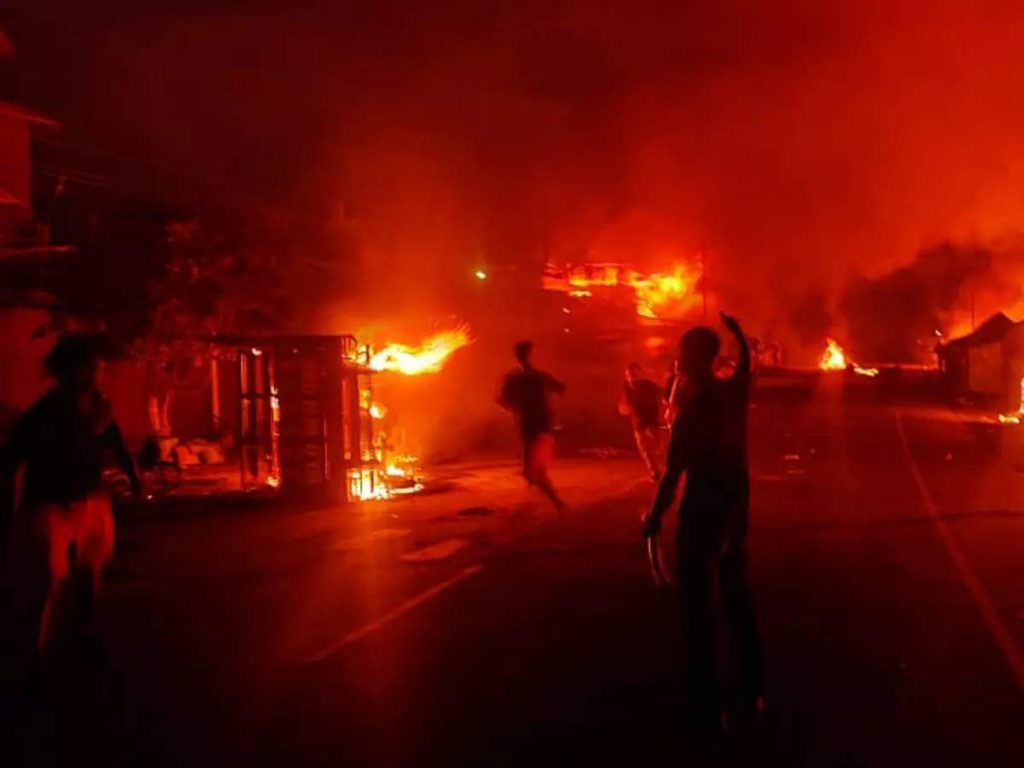The Manipur government has recently mandated the collection of village records dating back to 1964, a directive that has sparked significant opposition from the Kuki Chiefs’ Association, Manipur (KCAM). The government’s request aims to gather historical documentation that could impact local governance and administrative functions within the state.
In an official statement, the KCAM condemned the directive, asserting that it infringes upon the traditional rights of Kuki-Zo chiefs. The association called on its members to avoid complying with the government’s request, arguing that it undermines their established systems of governance. They characterized the timing of this order as particularly concerning, given the ongoing socio-political tensions and threats faced by the Kuki-Zo community in the region.
KCAM has further emphasized its commitment to pursuing a Separate Administration that would ensure the autonomy and rights of the Kuki-Zo people are respected and protected. The organization claims that the government’s directive is part of a broader pattern of discrimination against the Kuki-Zo community, which has been intensified in recent months.
This development comes amid escalating ethnic tensions in Manipur, which have raised questions about governance, representation, and the rights of various communities within the state. The call for historical records may be perceived as an attempt to consolidate governmental control over village affairs, prompting fears of further marginalization of indigenous communities.
As the situation unfolds, the KCAM and other stakeholders continue to advocate for a resolution that honors the historical rights and governance structures of the Kuki-Zo community while addressing the pressing issues of peace and stability in the region. The outcome of this situation remains critical as it may significantly influence the future of administrative governance in Manipur.



